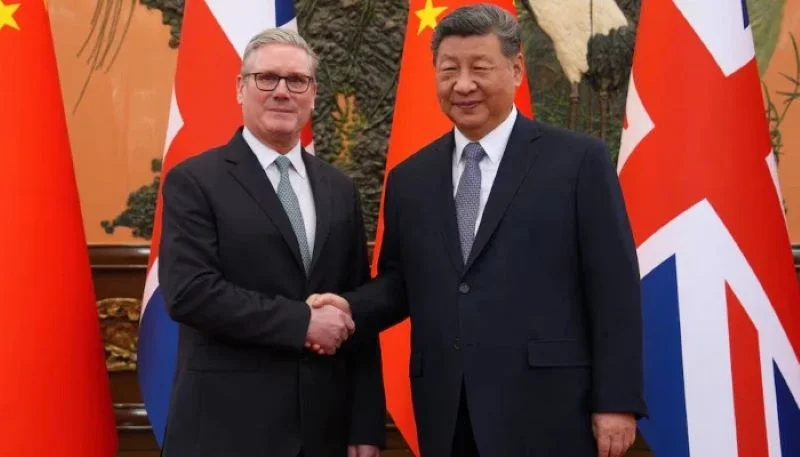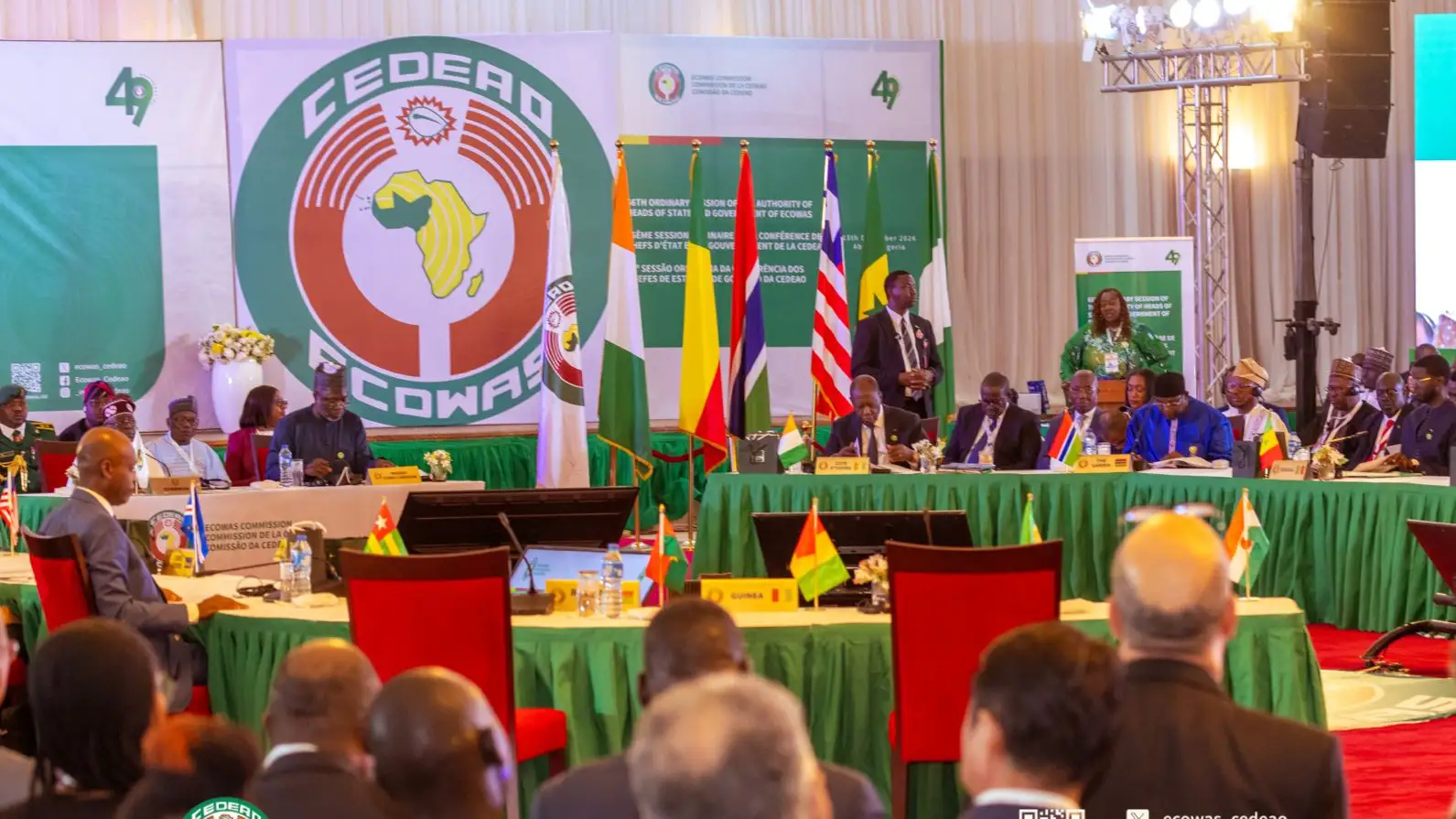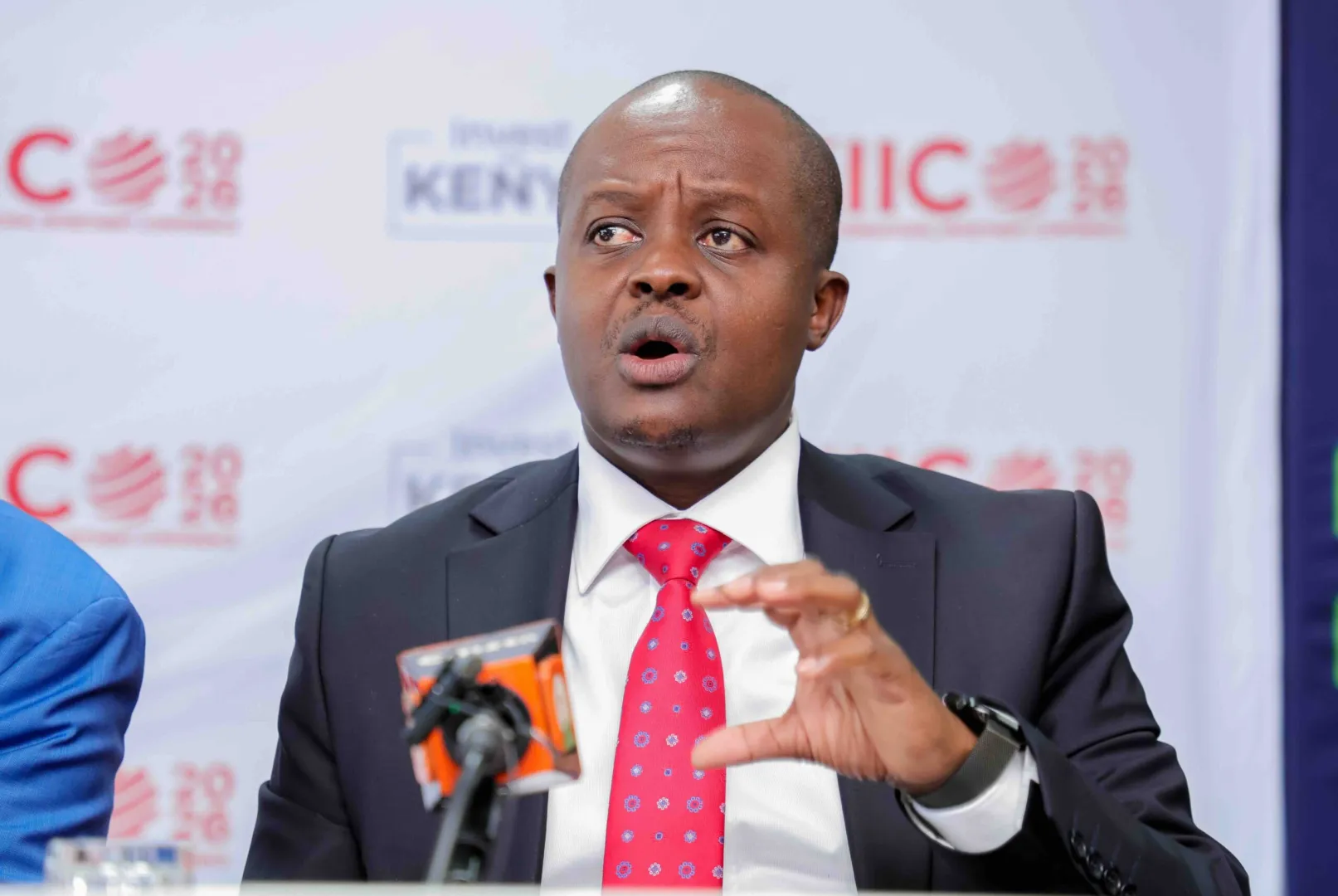South Africa’s annual consumer price inflation (CPI) eased to 2.8% in October 2024, surpassing market expectations of 3.0% and marking a significant decline from the 3.8% recorded in September. The latest figure is the lowest since June 2020, when inflation was 2.2% during the COVID-19 pandemic. This milestone offers relief to South African households and businesses grappling with persistent economic challenges, driven primarily by plummeting fuel prices and easing food inflation.
Key Drivers of the Inflation Slowdown
The primary contributor to the October inflation drop was a sharp decline in fuel prices. Petrol and diesel prices fell by 5.3% between September and October, leading to an annual fuel inflation rate of -19.1%. This decline in fuel prices is attributed to lower global oil prices, strengthened by the South African rand’s relative stability against the US dollar during this period.
Food and non-alcoholic beverage inflation also eased significantly, retreating to 3.6% in October from the 4.5%-4.7% range observed earlier. This marks the lowest rate since November 2019. Lower prices for staple items like grains, vegetables, and dairy products have provided much-needed relief to consumers facing financial pressures.
Other notable contributors to the inflation rate included:
- Housing and utilities, which account for a quarter of the CPI basket, contributed 1.1%.
- Miscellaneous goods and services, making up 14.8% of the CPI basket, added 1.0%.
- Transport, which comprises 14.4% of the CPI basket, was the only negative contributor, pulling the annual inflation rate down by -0.8%.
Monetary Policy Implications
The slowdown in inflation, now below the lower limit of the South African Reserve Bank’s (SARB) target range of 3%-6%, is likely to influence the Monetary Policy Committee (MPC) to further ease monetary policy. Analysts anticipate a quarter-point cut in the policy rate, bringing it to 7.75%.
Mark Phillips, head of portfolio management and analytics at PPS Investments, emphasized the importance of the current inflation trajectory:
“This drop in inflation provides a conducive environment for the Reserve Bank to continue cutting interest rates, offering support to economic activity amid global uncertainties and potential shifts in US monetary policy.”
The SARB’s decision will depend on its assessment of both domestic and international economic factors. Domestically, easing inflation and slowing economic growth are pressing concerns, while globally, uncertainties in US Federal Reserve policies and geopolitical dynamics could impact the local economy.
Broader Economic Context
South Africa’s economy remains under pressure from structural challenges, including high unemployment, load-shedding (planned power outages), and stagnant growth. However, the drop in inflation offers some hope for consumers and businesses alike.
Consumer Relief
Lower inflation has eased financial pressures on South African households, particularly those in lower-income brackets, who spend a significant portion of their income on transportation and food. With fuel prices declining and food inflation slowing, household purchasing power is expected to improve marginally.
Business Environment
Businesses, particularly in the retail and logistics sectors, stand to benefit from reduced operating costs due to lower fuel prices. This could translate into more competitive pricing, potentially boosting consumer demand.
Challenges and Risks
Despite these positive developments, South Africa’s economic outlook remains uncertain. Key challenges include:
- Energy Crisis
The ongoing power crisis, driven by inefficiencies at state-owned utility Eskom, continues to disrupt economic activity. Load-shedding has increased operating costs for businesses and reduced productivity across various sectors. - Global Economic Uncertainty
Slowing growth in China, South Africa’s largest trading partner, and persistent volatility in global markets could dampen export demand. Additionally, potential changes in US monetary policy could affect capital flows and exchange rates. - Structural Unemployment
With an unemployment rate exceeding 30%, structural reforms are urgently needed to create jobs and stimulate economic activity.
Government Initiatives and Outlook
The South African government has welcomed the drop in inflation as an opportunity to accelerate economic recovery. Policymakers are focusing on measures to stimulate domestic investment, support small and medium enterprises (SMEs), and address the energy crisis.
Efforts to attract foreign direct investment (FDI) are also underway, with President Cyril Ramaphosa recently announcing new incentives for international businesses. These include tax breaks for renewable energy projects and streamlined processes for infrastructure development.
Looking Ahead
Economists remain cautiously optimistic about South Africa’s economic prospects. The combination of easing inflation and potential interest rate cuts could provide a much-needed boost to domestic demand. However, addressing structural challenges and fostering sustainable growth will require a coordinated effort from the government, businesses, and civil society.
Mark Phillips summarized the outlook, stating:
“While the drop in inflation is a step in the right direction, it’s only one piece of the puzzle. Structural reforms, targeted investment, and consistent policy implementation will be critical to ensuring long-term economic stability and growth.”
Conclusion
The significant decline in South Africa’s inflation to 2.8% in October 2024 marks a positive development amid persistent economic challenges. Lower fuel prices and easing food inflation have provided relief to consumers and businesses, creating an environment conducive to monetary easing by the SARB. However, structural issues such as unemployment, energy shortages, and global uncertainties remain formidable obstacles to sustained economic recovery.
As policymakers and stakeholders navigate these challenges, the focus must remain on fostering resilience and inclusivity in South Africa’s economic landscape. The coming months will be pivotal in shaping the country’s trajectory toward stability and growth.
Ready to take your career to the next level? Join our dynamic courses: ACCA, HESI A2, ATI TEAS 7 and HESI EXIT !🌟 Dive into a world of opportunities and empower yourself for success. Explore more at Serrari Ed and start your exciting journey today! ✨
photo source: Google
By: Montel Kamau
Serrari Financial Analyst
22nd November, 2024
Article, Financial and News Disclaimer
The Value of a Financial Advisor
While this article offers valuable insights, it is essential to recognize that personal finance can be highly complex and unique to each individual. A financial advisor provides professional expertise and personalized guidance to help you make well-informed decisions tailored to your specific circumstances and goals.
Beyond offering knowledge, a financial advisor serves as a trusted partner to help you stay disciplined, avoid common pitfalls, and remain focused on your long-term objectives. Their perspective and experience can complement your own efforts, enhancing your financial well-being and ensuring a more confident approach to managing your finances.
Disclaimer: This article is for informational purposes only and does not constitute financial advice. Readers are encouraged to consult a licensed financial advisor to obtain guidance specific to their financial situation.
Article and News Disclaimer
The information provided on www.serrarigroup.com is for general informational purposes only. While we strive to keep the information up to date and accurate, we make no representations or warranties of any kind, express or implied, about the completeness, accuracy, reliability, suitability, or availability with respect to the website or the information, products, services, or related graphics contained on the website for any purpose. Any reliance you place on such information is therefore strictly at your own risk.
www.serrarigroup.com is not responsible for any errors or omissions, or for the results obtained from the use of this information. All information on the website is provided on an as-is basis, with no guarantee of completeness, accuracy, timeliness, or of the results obtained from the use of this information, and without warranty of any kind, express or implied, including but not limited to warranties of performance, merchantability, and fitness for a particular purpose.
In no event will www.serrarigroup.com be liable to you or anyone else for any decision made or action taken in reliance on the information provided on the website or for any consequential, special, or similar damages, even if advised of the possibility of such damages.
The articles, news, and information presented on www.serrarigroup.com reflect the opinions of the respective authors and contributors and do not necessarily represent the views of the website or its management. Any views or opinions expressed are solely those of the individual authors and do not represent the website's views or opinions as a whole.
The content on www.serrarigroup.com may include links to external websites, which are provided for convenience and informational purposes only. We have no control over the nature, content, and availability of those sites. The inclusion of any links does not necessarily imply a recommendation or endorsement of the views expressed within them.
Every effort is made to keep the website up and running smoothly. However, www.serrarigroup.com takes no responsibility for, and will not be liable for, the website being temporarily unavailable due to technical issues beyond our control.
Please note that laws, regulations, and information can change rapidly, and we advise you to conduct further research and seek professional advice when necessary.
By using www.serrarigroup.com, you agree to this disclaimer and its terms. If you do not agree with this disclaimer, please do not use the website.
www.serrarigroup.com, reserves the right to update, modify, or remove any part of this disclaimer without prior notice. It is your responsibility to review this disclaimer periodically for changes.
Serrari Group 2025
















